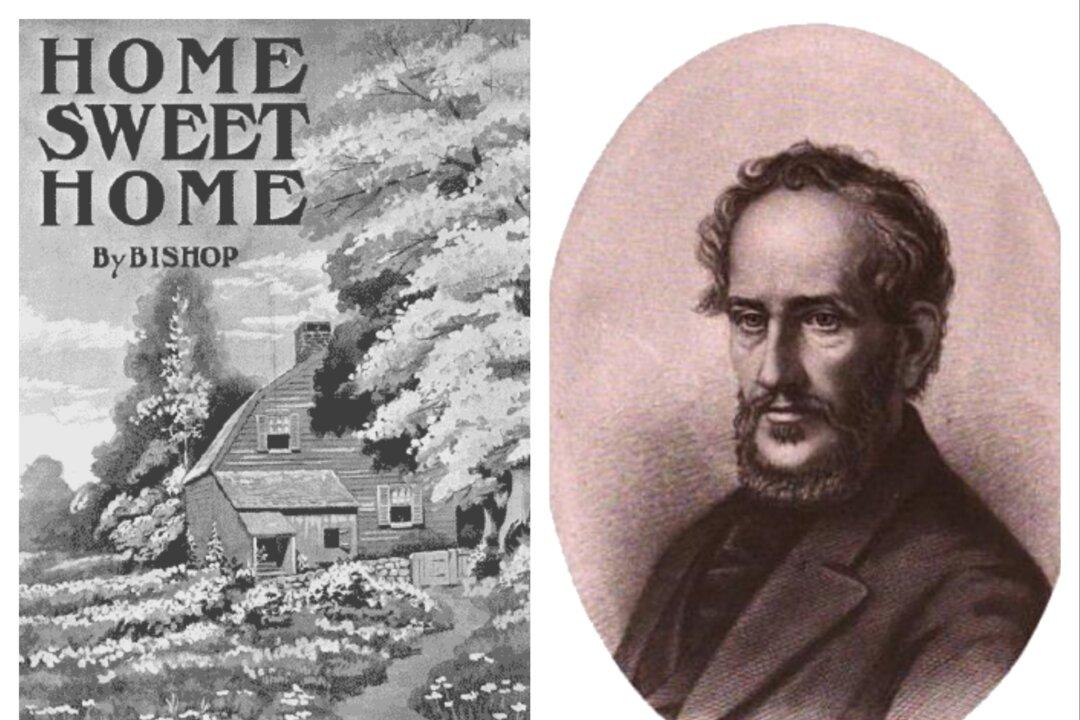John Howard Payne (1791–1852) was born in East Hampton, the small village on New York’s Long Island (though there’s substantial speculation that he was born in New York City). He was one of nine children born to a father who taught elocution, that is, proper speaking and diction, at Clinton Academy. It was his father’s career that incidentally led to Payne’s successful career.
His father started a school in New York City and then moved the school to Boston. Payne was one of his father’s pupils, and it was during this time that Payne demonstrated a gift for the stage. He was passionate about acting. His father, however, was less enthused. When Payne’s elder brother William died, his father sent Payne to New York City to take his brother’s place at the accounting firm. While working for the firm, Payne took over the editing of, and perhaps the launching of, the theater newspaper the Thespian Mirror.






